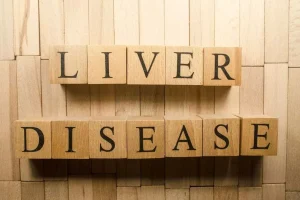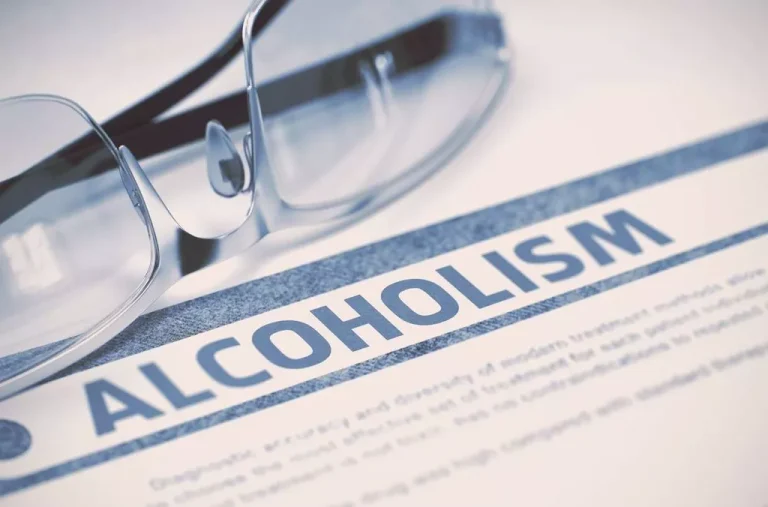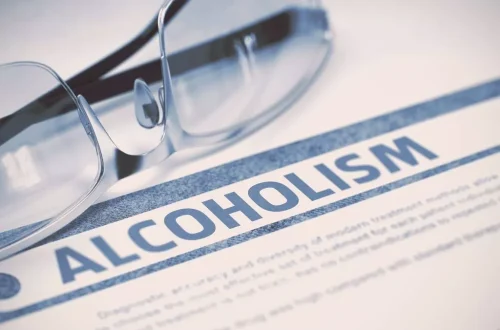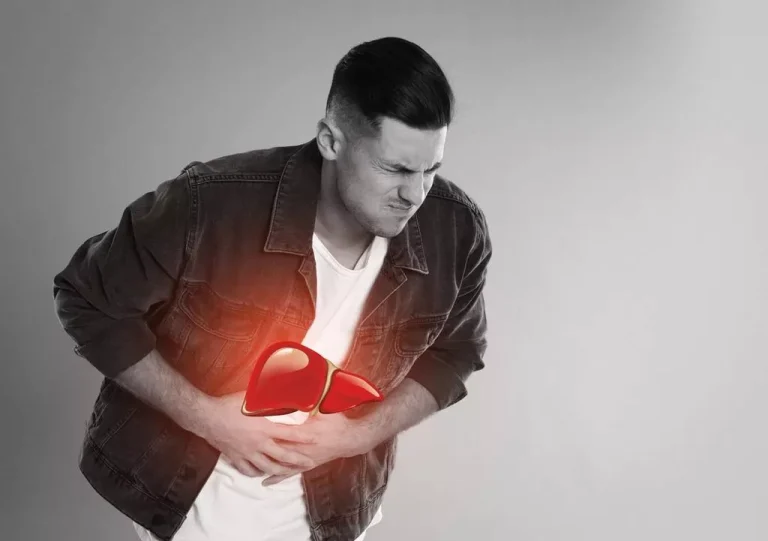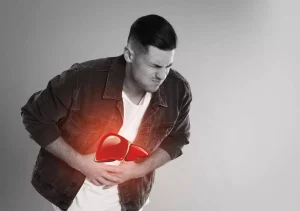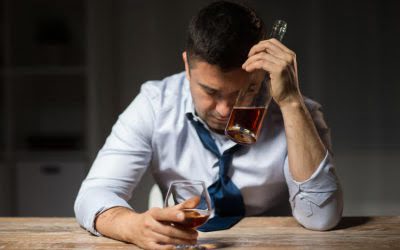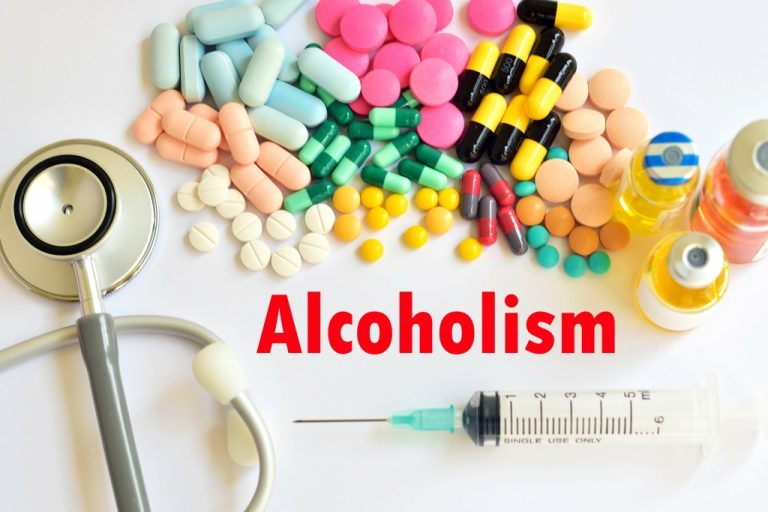Tips for Dealing with Triggers in Recovery
It is more difficult to deal with internal triggers than with external ones. For example, they may not be able to control their thoughts or how they feel. It is easier to avoid a particular person or situation than to avoid feeling angry, sad, or depressed. Sober House Sometimes it is impossible to avoid experiencing an emotion, change how you feel, or stop yourself from remembering a certain memory. Because of this, there isn’t one “right” way to successfully respond to or protect oneself from a trigger.
Internal Drug And Alcohol Relapse Triggers

Your goal should be to detach yourself from the trigger, recenter, and focus on your coping strategy. Triggers vary widely from person to person and can be internal or external. Building and maintaining a strong sober support network is crucial in overcoming triggers during your recovery journey. These are the people who will be there for you, holding you accountable and providing much-needed encouragement when facing moments of vulnerability. High-risk places remind former drug users of the times they engaged in substance use. Walking or driving through places where they used to drink or consume drugs can spark a memory connected to drug or alcohol use.
Seeking Help In Recovery

Cognitive behavioral therapy to help individuals control their impulses, which can lower compulsions. Resilience equips individuals with the strength to weather challenges, https://centraltribune.com/top-5-advantages-of-staying-in-a-sober-living-house/ adapt to change, and persist in their recovery journey. In doing so, it fosters personal growth and self-confidence, fortifying the path toward sustained recovery.
- Triggers do not necessarily lead to relapse, but they do make it harder to resist substances because of the cravings they produce.
- To avoid relapse, it is important to understand the risk factors and causes that typically lead to relapse.
- These desires often come from certain triggers, such as the people you surround yourself with and the feelings you experience.
Stimulant Use Disorder
A therapist can help you work out complex emotions that may arise as you go through recovery. Your therapist can also teach you tools and strategies for coping with cravings and triggers. Therapists experienced in substance use disorders can help you identify and analyze possible triggers. Triggers may test your willpower and can be personal or shared with others in recovery.
Have You Ever Experienced Any Of These Relapse Triggers In Your Life
When you encounter these factors, they can cause you to crave drugs or alcohol. The best way to avoid these triggers is by creating a structured routine that keeps you busy without feeling stressed. A healthy routine includes a strong support system, a sober living environment, and healthy activities.
- Moreover, proper hydration plays a significant role in maintaining overall health during recovery.
- The negative side effects of relapsing after enrolling in drug and alcohol recovery programs is another concern.
- Discover a few of the more common triggers to help jump-start the process.
- At this critical initial stage, it can be important to ensure that you continue certain treatment aspects, such as counseling and communicating with recovery experts.
Positive Feelings Trigger Relapse
Self-judgment could lead to emotional distress and feelings of guilt, which can be triggers themselves. Learning to identify and cope with triggers is a popular strategy for the treatment of several problems—especially anger and addictions—because of the effectiveness and intuitiveness of the approach. INTERNAL TRIGGERS are feelings that people have before or during drinking or using drugs. For instance, some people may feel insecure about sex and think they have to drink alcohol in order to relax before having sex. Other people may use drugs when they feel angry, lonely, depressed, sad, or bored – but any feeling can become an internal trigger.
Stress as a Powerful Internal Trigger
Some people prefer one-on-one therapy to recovery groups or 12-step programs. Others find success with therapy in addition to self-help groups or other means of support. You may want to let your loved ones know what you’re going through and how you plan on coping. When you face triggers, your support system can help you quickly change your environment.
Identifying Your Triggers
Effective management of internal triggers often involves learning new emotional regulations and coping strategies. These may include mindfulness practices, cognitive-behavioral techniques, and self-care routines. By developing these skills, individuals can better navigate their emotional landscape, reduce the power of internal triggers, and ultimately support their journey to lasting recovery. Individuals with problematic triggers may not know the cause and can benefit from therapy.


